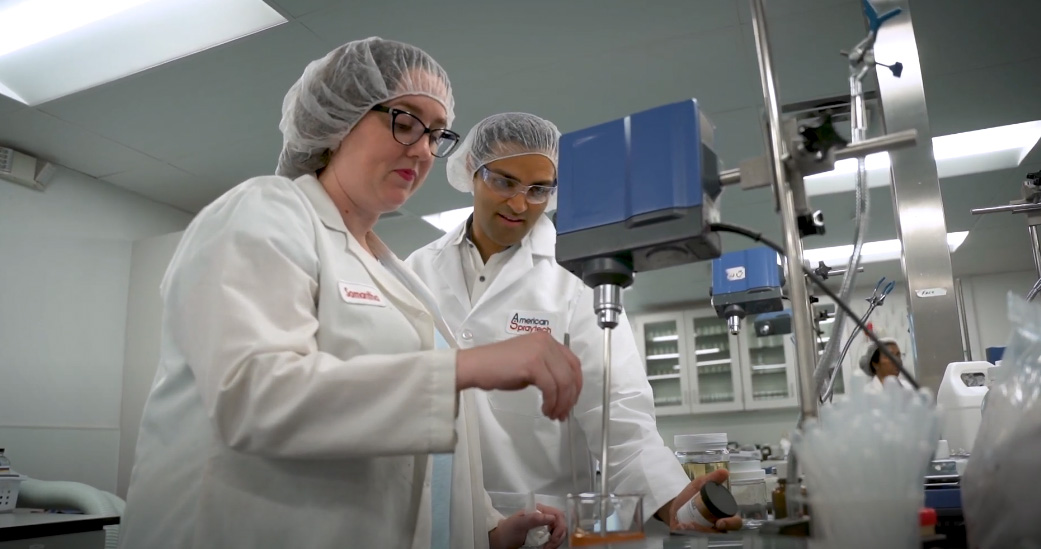
FDIC-Insured - Backed by the full faith and credit of the U.S. Government

FDIC-Insured - Backed by the full faith and credit of the U.S. Government
 VIEW ALL EDUCATION & INSIGHTS
VIEW ALL EDUCATION & INSIGHTS
October 07, 2019
Talking to Children About Money

In many families, talking about money can be difficult, and in some cases, almost taboo. Difficulties with talking to children about money may include:
- Parents of young children often find themselves in a position of saying no to a child’s request to buy something and yet the child may not have any understanding of the item’s cost relative to the family’s finances.
- Parents of teenagers may constantly be saying no to money the child wants to spend on an “extravagance.”
Here are a few ideas that may help you start your child off on the road to being a financially responsible adult:
Young children
It is never too early to start helping your child develop a healthy respect for money and to help them develop some good financial habits. The practice of using an allowance can be worthwhile if it does the right things. If your objective is to teach the basics, consider the following:
- Set a weekly allowance to match the age of the child – a five year old gets $5.00.
- Tie the allowance to some required chores – setting the table for dinner.
- Divide the allowance into three spending categories – 1/3 for immediate spending, 1/3 saved for some specific near-term purchase (like a small new toy) and 1/3 for a longer-term goal (like a major new toy).
Teenagers
This is often the most difficult time for children to deal with financial issues. Peer pressure, a desire to have what friends have and the growing realization that they cannot have everything they want and do everything they want, can add tension to any conversation about finances. It is also the time when children can start understanding more involved financial issues and when financial habits are formed.
The allowance approach gets more complicated in the teenage years as the costs of items they want goes up and they are doing more things that cost money. Now could be the time to discuss how a job could help them afford the things they want. After-school and summer jobs are an ideal way for young adults to learn that money is earned, and not something that mom or dad will always provide. A job can also teach children about responsibility since their employer will be relying on them to be present and punctual. If an outside job is not possible, consider paying them an hourly rate for more chores and insist they treat it as a job.
Helping the child establish a checking account, or even preparing their own tax return, will go a long way to helping them understand that money is a serious matter and that someday they will need to be self- sufficient and make their own financial decisions. If they get a checking account, be sure you teach them how it works and that they must reconcile their account every month.
Teaching your child to save is easy with Provident Bank’s Young Saver Account. Be sure to discuss how each penny earns interest.
Keep the conversation going
Be open to discussing finances with your children. Children are naturally curious about what they see their parents doing and you can turn that curiosity into teaching opportunities. The conversations must certainly be age appropriate, but when your child sees you writing checks is an ideal time to start talking about the importance of paying bills and balancing your budget. A question about what it means when the TV news reports what the stock market did can lead to a more serious discussion about money and long-term financial goals. And a discussion about choosing a college can be an eye-opening experience when your child learns what it costs.
Take advantage of these opportunities and by the time your child is ready to leave home, they will have a foundation to better prepare themselves for their financial future.








 Views
Views



 Views
Views
 Go Back
Go Back











